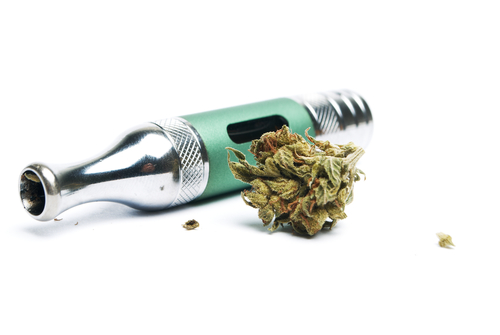In a ruling handed down last week, a Pennsylvania court overturned an effort by health officials to recall hundreds of vaping products previously approved for use in the state’s medical marijuana program.
The controversial recall, ordered in February 2022 by the Pennsylvania Department of Health, was tantamount to a regulation, according to the ruling in Commonwealth Court.
However, the department failed to follow the typical process for adopting a regulation, which involves a period of public comment.
As a result, the court barred the department from carrying out the recall in its current form.
“The department is reviewing the opinion and will continue to regulate the program in a way that seeks to balance the need of patients to have access to the latest treatments with the need to ensure patient safety,” health department spokesperson Mark O’Neill said.
The recall had been temporarily on hold pending the outcome of the litigation. The department had appealed the temporary suspension of the recall to the Pennsylvania Supreme Court but ultimately dropped the appeal.
What was recalled: Medical cannabis products that are vaporized and inhaled, i.e., vapes.
The recalled products contain terpenes — naturally occurring chemicals found in plants and added to vapes to improve their aroma and make them easier for patients to tolerate.
The health department questioned the safety of the terpenes in question, noting that they were not approved by the U.S. Food and Drug Administration for use in products that are inhaled.
But in a legal challenge filed shortly after the recall was issued, a coalition of firms calling itself Medical Marijuana Access & Patient Safety argued that patients have been using the products safely and that the recall was depriving them of access to an effective treatment.
The lawsuit also faulted the department’s rationale for the recall. The FDA, it noted, only approves products sent to it. Because marijuana is still illegal at the federal level, companies are not sending marijuana products to the FDA.
“That is an impossible standard to meet,” said Judith Cassel, managing partner of Harrisburg-based Cannabis Law PA and the attorney representing the coalition in its lawsuit.
What’s next: Companies can continue making and selling products covered by the recall, Cassel said.
However, it is unclear what will happen to terpene-containing vape products companies have been seeking to introduce post-recall.
Pending the outcome of the lawsuit, the health department has been rendering non-decisions on new products — neither approving nor denying them, Cassel said.
Now that the lawsuit has been decided, the department should start making decisions one way or the other, Cassel said.
Denials, though, are likely to lead to further legal battles. The medical marijuana coalition has already taken the department to court over its non-decisions on new products, Cassel said. A hearing on the matter is scheduled for the fall.







